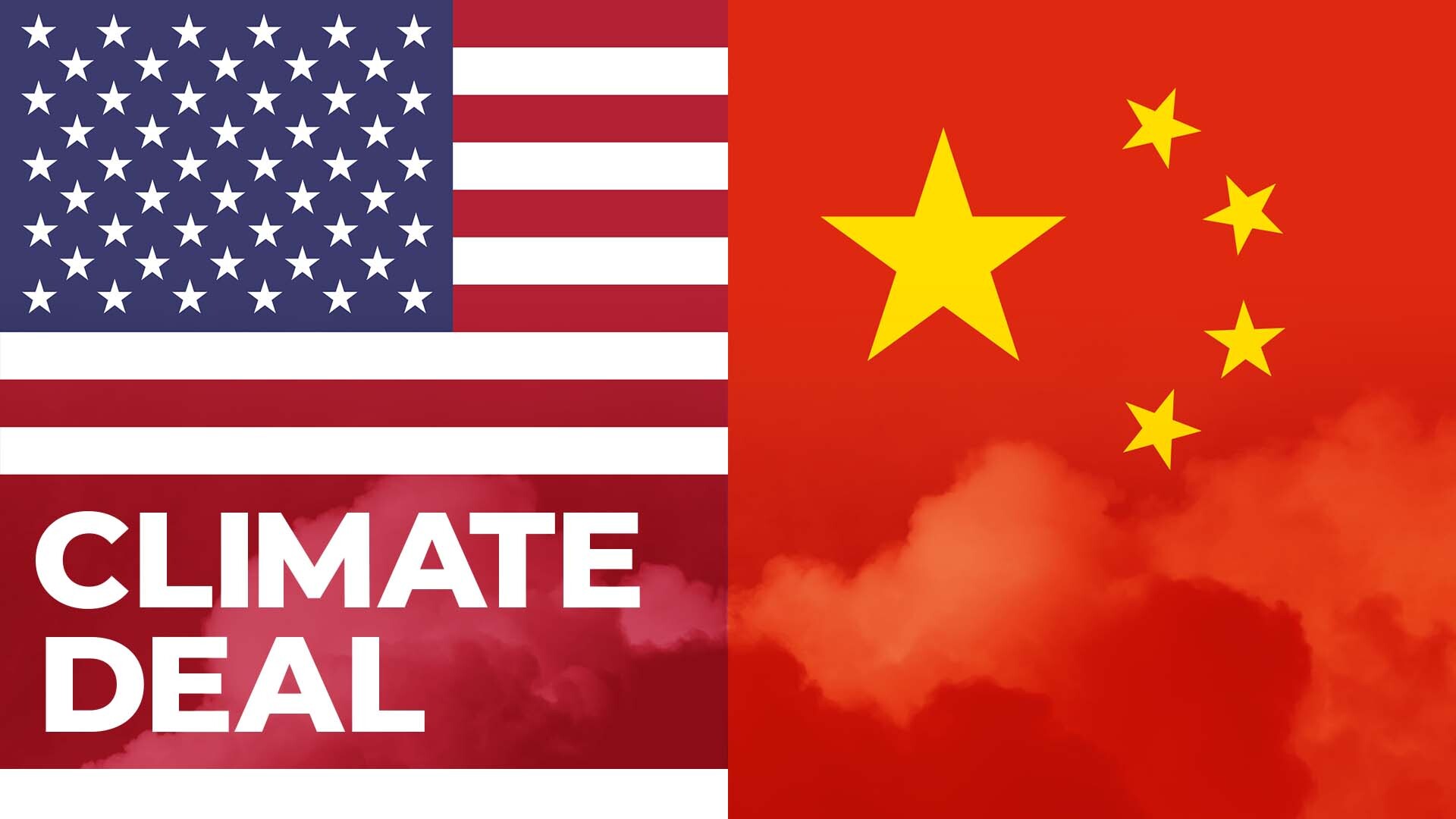United States climate envoy John Kerry and his Chinese counterpart announced Wednesday that the world’s two largest polluters have made a deal to cooperate on combatting climate change. The goal is to accelerate the emissions reductions required to meet the goals of the 2015 Paris Agreement.
“President Biden had a conversation with President Xi a number of weeks ago in which both of the leaders expressed their hopes that despite areas of real difference, and we know there are, we could cooperate on the climate crisis,” Kerry said at the joint announcement. “Now, the two largest economies in the world have agreed to work together to raise climate ambition in this decisive decade.”
Under the terms of the climate deal, the two countries will work together to protect forests and phase out coal. China also agreed for the first time to crack down on methane leaks, and the two countries agreed to share technology to reduce emissions.
“We also expressed a shared desire for success at this COP[26 climate change conference] on mitigation, adaptation, support, and frankly, all of the key issues which will result in the world raising ambition and being able to address this crisis,” Kerry said.
The climate deal follows backlash from climate experts saying the U.S. and China aren’t making enough progress at COP26. Some experts noted the deal was short on commitments that would significantly reduce heat-trapping gases.
“It’s a good sign that the world’s two biggest emitters can actually work together to face the biggest crisis of humanity but there’s not a lot of meat there after the methane stuff,” said Byford Tsang, a China policy analyst for the European think tank E3G.
Despite this, the climate deal is notable due to the ongoing tensions between the two countries. Those tensions surround the South China Sea, the situation in Taiwan, and China’s rapidly expanding nuclear and military force.
“While this is not a gamechanger in the way the 2014 US-China climate deal was, in many ways it’s just as much of a step forward given the geopolitical state of the relationship,” said Thom Woodroofe, an expert in U.S.-China climate talks. “It means the intense level of US-China dialogue on climate can now begin to translate into cooperation.”
